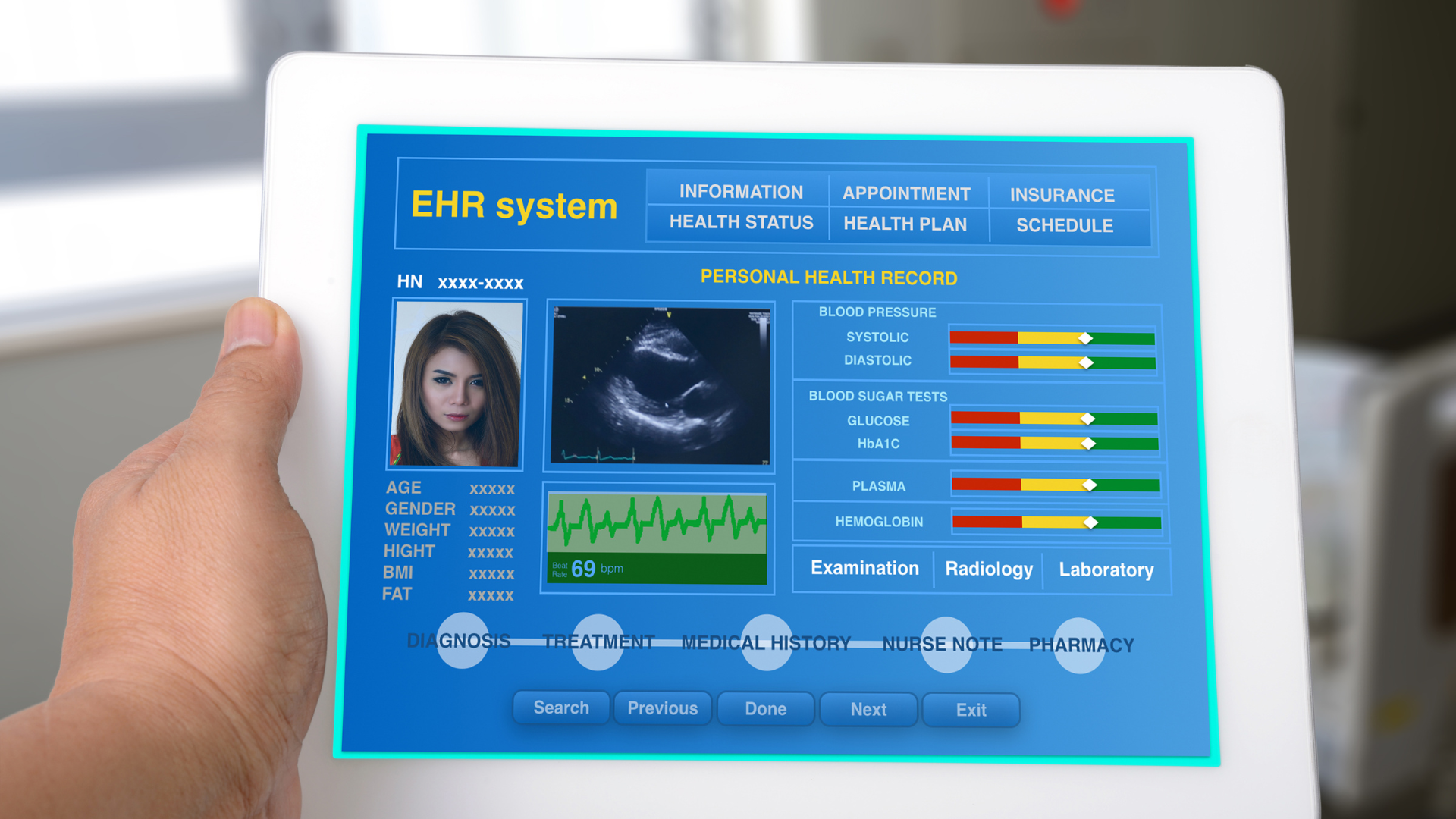
What Are the Key Benefits of Electronic Health Records?
Whether you are part of the healthcare team or a patient, you’re probably very interested in the benefits of the electronic health record (EHR). What are electronic health records, and what are the benefits of using EHRs? While many people are familiar with using these in hospitals, there are additional benefits to using these in other types of care facilities.
Electronic health records have many benefits, including protecting patient privacy, improving clinical workflow, and generating reports for better health.
The electronic medical record (EMR) has quickly become the backbone of the healthcare industry. Its purpose is to store all patient health information securely-from patient symptoms to diagnoses to medications-in one central location, making the patient’s medical history more easily accessible to the patient and the healthcare team. Many emerging EMR companies are providing the necessary tools and technology that enable healthcare organizations to streamline the shift to electronic medical records from the traditional system.
Here Are the Key Benefits of EHR
Improved patient care
Electronic health records have garnered attention in the press, but for a good reason. While they have only recently been widely adopted, the data shows the transition is boosting patient care.
Better medical outcomes
Electronic health records are paperless patient records that can help providers diagnose and treat patients better. Patients can also access their records online, allowing them to track their health progress, schedule appointments, and communicate with providers. EHRs can improve the quality and efficiency of care while reducing medical errors, lowering costs, and increasing patient satisfaction.
Decreased time
There are several reasons healthcare providers and patients may benefit from using electronic health records. For one, EHR systems can decrease the time it takes to schedule an appointment and fill out paperwork at the front desk.
Lower costs
Electronic health records have the potential to improve care quality, enhance patient safety, and reduce healthcare costs. However, studies show that, compared with paper records, adopting an EHR system can be a bit of a challenge at first. If hospitals employ a medical billing company for ease of billing and insurance processing, these services may then work with EHR systems to streamline the billing and coding process. Efficiency and accuracy may be significantly improved when the medical billing systems are used in conjunction with the EHRs.
Increased physician productivity
Implementing Electronic Health Records undoubtedly has its challenges, but the benefits of these digital records are undeniable. As clinicians, access to timely and complete patient information is essential. They offer multiple benefits, including increased physician productivity and better patient-centred care and medical outcomes.
Increased provider productivity
The shift from paper to electronic records has made administering care more efficient for providers through better communication and information sharing, improved documentation, and fewer errors. The switch to EHRs has many benefits, including increased provider productivity, whether that’s in a hospital setting or at somewhere like these high-quality assisted living services.
Better patient experience
Electronic health records have transformed the way patients manage their health. In years past, patients had to schedule appointments and fill out patient forms manually. While this took time and effort, it was the only way to interact with their healthcare provider. Now, healthcare providers use them to capture patient information, eliminating the need for manual data entry.
Increased quality
Electronic Health Records are one of the biggest trends in healthcare today. They can be accessed and updated instantly and remotely, decreasing time spent completing and transferring paperwork and allowing providers to spend more time caring for patients. Activities that traditionally required multiple front office staff and clerical staff now only require one.
Increased satisfaction
Electronic health records have made a positive impact on patient care, increasing time spent on patient care by 12 per cent, reducing the time spent on documentation and processing of patient care information by 45 per cent, and reducing errors by 48 per cent.
Increased efficiency
The introduction of electronic medical records has changed the way we care for patients. From the way they enter their medical histories, to the way they receive medical advice, to the way they receive medication, electronic medical records have made life much easier. Physicians are now able to electronically access a patient’s medical records, which allows them to quickly find the information they need and does not compromise their privacy.
Electronic health records software systems’ accuracy saves lives every day. Arguably, they save more lives than any other medical innovation, which is why every American should have easy access to an EHR. They use information technology to provide healthcare providers with the tools to organize patient information. They are customized to each individual provider and across healthcare organizations.
Electronic health records are a central component of providing patient care. They allow providers to access patient information quickly. Many patients benefit from having easy access to their health records. They reduce medication errors and duplication. They help reduces wait times and costs. EHRs allow providers to better manage care. In order to make healthcare center operations more efficient, many healthcare centers are integrating EHRs with other medical software, such as E-Prescribing Software, mbi lookup tool, and Medical Image Analysis platforms.
Electronic health records are more than just medical records. They are used by doctors, nurses and other health professionals, and patients, to store and organize data. They streamline care, improve patient safety, reduce errors, increase access, reduce costs and help ensure compliance with health information privacy laws such as the Health Insurance Portability and Accountability Act (HIPAA) and state health information privacy standards. EHRs also play an important role in public health, including tracking and reporting disease outbreaks.

Comments (0)